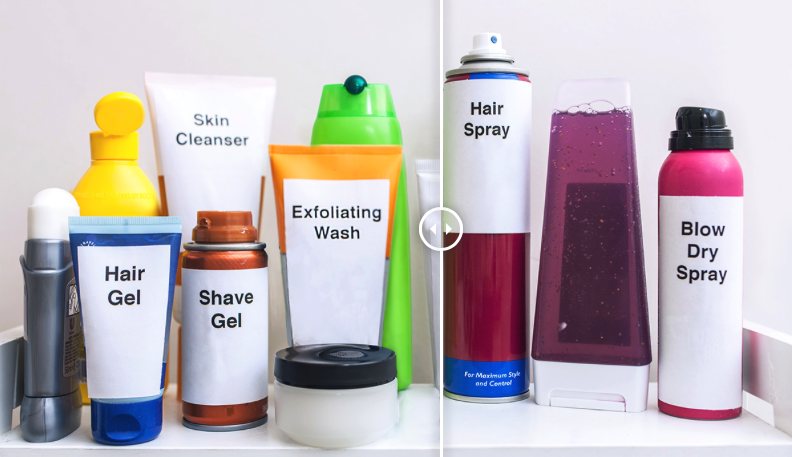Lanes for Drains welcomes the microbead ban

The UK government is expected to ban the sale of microbeads by the end of 2017, following advice from the House of Commons Environmental Committee and pressure from environmental campaigners. It’s great news for the oceans (and the country’s drainage system!) But why are microbeads so bad for the environment?
What are microbeads?
Microbeads are tiny, abrasive pieces of hard plastic used in many consumer products, particularly cosmetics, toothpaste, detergents and shower gels. They’re the little gritty bits you find in facial scrubs that give them their exfoliating properties.
However, there’s a problem. Modern wastewater systems weren’t designed to filter out such tiny particles, which means when they go down the drain, they usually end up in the sea – where they add to the growing mountains of plastic floating in our oceans, which can harm fish, seabirds and other wildlife.
According to the House of Commons Environmental Audit Committee, a single shower taken using one of these products can see 100,000 plastic particles entering the ocean and its ecosystems. Microplastics have been found in the digestive systems of more than 280 species of marine life so far
Following a similar decision in the USA, the UK government recently committed to ban microbeads by 2017. A number of major consumer products firms, including Proctor and Gamble and Johnson and Johnson, have also pledged to phase them out of their products voluntarily. However, some critics claim this isn’t happening fast enough.
Which products can contain microbeads?
These are some of generic household products that may contain microbeads, although not all of them do. A fuller list of specific branded products has been compiled by campaign group Beat the Microbead, which you can find here.
- Facial scrubs and exfoliators
- Antibacterial wash
- Body scrubs and shower gels
- Toothpaste (especially high-abrasion types)
- Laundry detergents
- Dishwasher pods
How can I avoid microbeads?
If you want to help limit the damage microbeads can cause before the ban takes effect, it’s best to avoid buying products that contain them.
If a product doesn’t explicitly say it contains microbeads on the packaging, they may be listed on the ingredients label as polyethylene, polypropylene, polymethylmethacrylate, PET, PTFE and PMMA.
You can also download an app (iPhone/Android/Windows) developed by campaign group Beat The Microbead, which allows users to scan a barcode to find out if a product contains microbeads.
If you still want the abrasive effect in your exfoliants and body scrubs, look for products that use eco-friendly, biodegradable alternatives, such as vitamin C paste, jojoba, shea nut shell powder and volcanic minerals.
Some researchers say these products can actually work better than microbeads because they don’t have rounded edges, so it’s a win-win for you and the environment!







